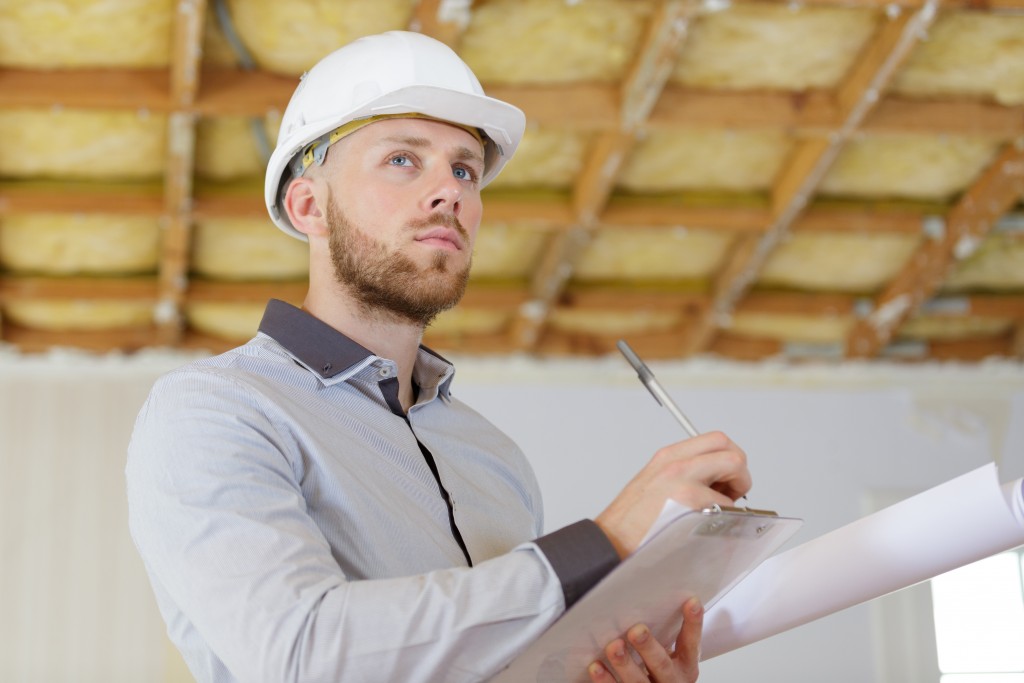Regardless if you are single or married, purchasing a house and keeping it up and running are no easy tasks. You need to be mature and responsible enough to know which things are immediate priorities and which expenses can wait. It can be a bit confusing at first.
The Type of Neighborhood and House
You are no homeowner if you do not have a house. And to successfully choose one, you have to consider several important things like your way of life, your allocated budget, the location of the house itself and if it’s near or far from your work, does it have public transportation nearby or do you need to have your own vehicle. Another important factor to look at is the crime rates and safety in your potential neighborhood.
You also have to look a little further in the future because if you are planning on staying single the next few years, you might not need a house with three bedrooms and three baths. However, if you see yourself starting a family anytime soon, you have to look for a home big enough to fit you and your future kids.
Have the Home Inspected
One important thing that you should not skip is the home inspection. Even if you already love the house’s facade, you still need to have the house inspected. The buyer shoulders the cost for a home inspection. Generally speaking, the average price of a service from a reputable company is at least USD 400 for a 2,000 square-foot house. The fee could also go up to USD 500 to USD 600, depending on the size of the property.
House inspection is also an added blanket of financial protection since you would decide whether it is worth the time and effort to buy a property that has several issues. If you still want to push through, you can consider re-negotiating the price with the seller since you still need to spend money on repairs.
During the home inspection, a professional should determine the current and real-time condition of the house. Other aspects of the house that should be examined are the foundation, drywall, cracks on the interior and exterior of the house, as well as the plumbing, electrical, and HVAC systems. It is also important to check if there are nasty insects or pests in the house that needs to be exterminated.

Purchase the House
Now that you have chosen the perfect neighborhood and house model, the next thing to do is arrange its purchase. You will need a mortgage to afford that dream house. At this point, the bank or the lending company will use a mortgage loan officer to conduct a thorough background check. The officer will look at your bank and financial statements, your credit score, and your current income.
Once you pass the criteria or requirements, they will require you to put up a down payment, usually 20% of the property’s total value. If you can not afford a 20% down payment at this point, you can consider a Private Mortgage Insurance or PMI or a loan from the Federal Housing Administration (FHA).
Secure Your Property
The next sound step you need to do after purchasing a house is to have it insured. Generally speaking, homeowners insurance is the most common type of coverage for many property owners. This type of plan covers the damages and losses on your house. To be clearer, a homeowner’s insurance takes care of the exterior and interior damages, loss and damage to personal assets, and injuries caused by accidents inside the property.
When you submit a claim based on any of the above-mentioned incidents, the insurance company will finance the repair or replacement. Keep in mind that every policy has a limit, and for most standard home insurances, the limit is USD 100,000.
You also need to note that this type of insurance doesn’t cover acts of war and acts of God such as floods and earthquakes. If you live in an area prone to natural disasters, you can purchase more comprehensive property insurance.
From house-hunting to eventually settling into your new home, know that it will require a lot of hard work. Now that you have laid out the foundations, the next thing to do is fill your house with loved ones and beautiful things that will turn it into a place you can call ‘home.’

